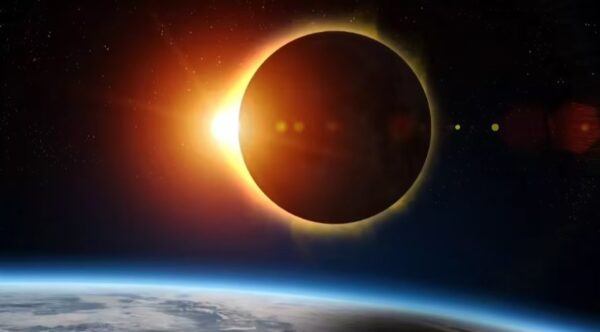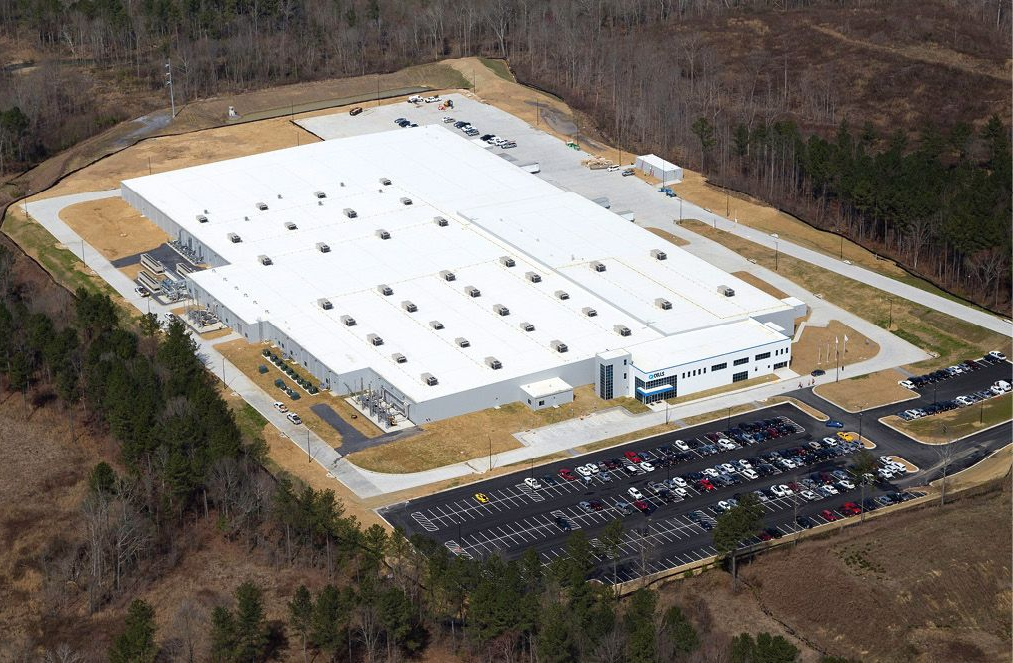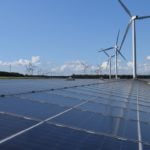In today’s social media-driven world, celestial events like solar eclipses and meteor showers are no longer just for science enthusiasts– they’ve become global spectacles.
From live streams to viral reels, anything happening in the sky tends to catch the public’s imagination fast.
Recently, one such topic has been making the rounds online: Will there be a total solar eclipse on August 2, 2025?
With forwarded messages and trending posts fueling the buzz, many are left wondering whether it’s true. So, what’s the reality? Here’s what astronomers actually say.
Is there a solar eclipse on August 2, 2025?
As per astronomical records maintained by NASA and verified by national observatories, there is no solar eclipse occurring on August 2, 2025.
Why is there confusion about a solar eclipse on August 2, 2025?
The rumour likely started because of a mix-up with the dates. A total solar eclipse is indeed expected on August 2– but in the year 2027, not 2025. And this one has generated quite a buzz for good reason. It’s expected to be the longest total solar eclipse visible from land between the years 1991 and 2114.
At its peak, the eclipse will last an incredible 6 minutes and 23 seconds, which is more than twice the length of most total solar eclipses.
What makes the 2027 solar eclipse so unique?
A number of astronomical conditions will converge to create this uniquely long solar eclipse:
Earth will be at aphelion, its farthest point from the Sun, making the fiery planet appear slightly smaller.
The Moon will be at perigee, its closest point to the Earth, making it appear larger in the sky.
Who will be able to see the solar eclipse in 2027?
As per current forecasts, this eclipse will be visible across a wide stretch of the globe. The path of totality– where the eclipse can be seen in its full form– will start over the Atlantic Ocean and move eastward.
Along its path, the Moon’s shadow will pass over southern Spain and Gibraltar, several North African nations including Morocco, Algeria, Tunisia, Libya, and Egypt, and parts of the Middle East like Saudi Arabia, Yemen, and Somalia. The city of Luxor in Egypt is expected to witness the longest totality, with nearly six minutes of midday darkness.
That said, this extraordinary event is still two years away. In the meantime, skywatchers can look forward to a partial solar eclipse on September 21, which is coming up soon.
According to NASA, the partial solar eclipse on September 21, 2025, will be visible from parts of eastern Australia, New Zealand, Antarctica, and regions over the South Pacific Ocean. There may also be limited visibility along the edge of the South Atlantic Ocean. The eclipse will not be visible from India, Europe, Africa, or the Americas.
This visibility pattern has also been confirmed by platforms like TimeandDate and EarthSky, which report similar regions based on global eclipse tracking data. In areas where the eclipse is visible, the extent to which the Moon covers the Sun will vary depending on local timing and weather conditions.
Disclaimer: The date, timing, and visibility of the eclipse are based on currently available online astronomical data.
https://fakazanews.com/2025/07/31/everyones-talking-about-a-solar-eclipse-in-august-2025-but-is-it-even-happening/?utm_source=rss&utm_medium=rss&utm_campaign=everyones-talking-about-a-solar-eclipse-in-august-2025-but-is-it-even-happening





